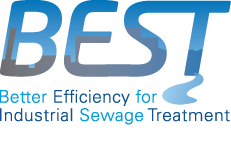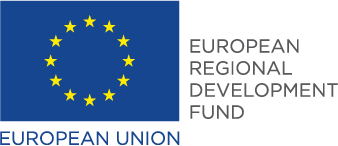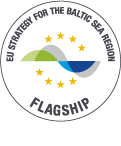BEST Final Seminar, Poland 29.9.2020
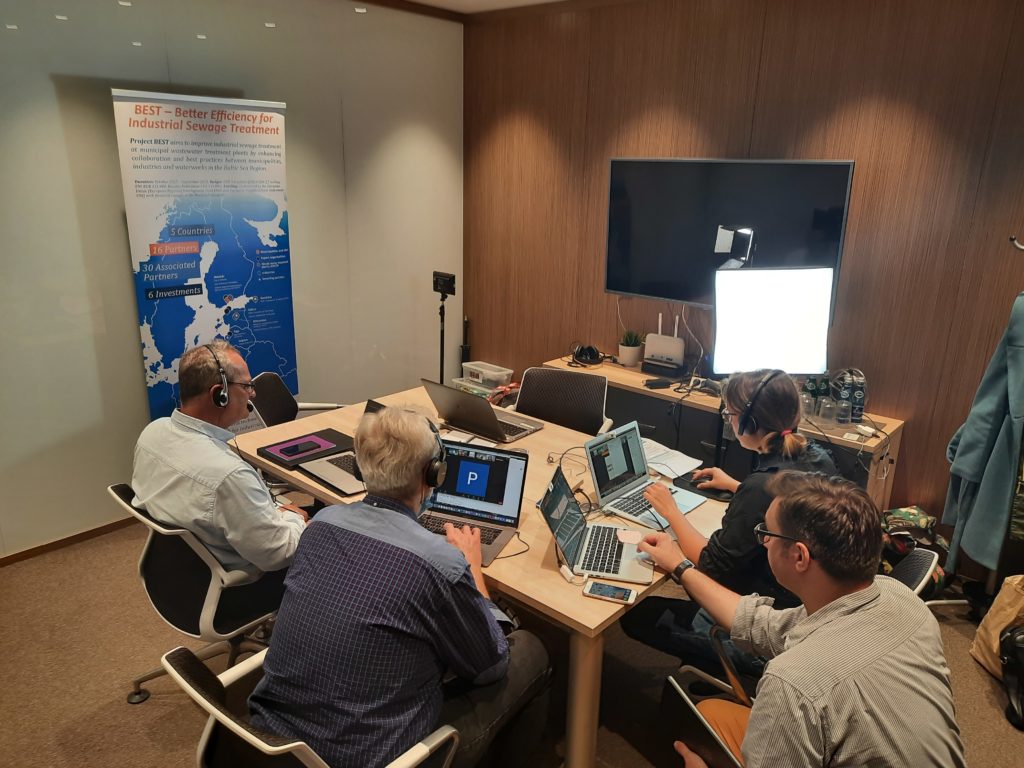
The Polish final seminar of the BEST project was organized on September 29th 2020 in Warsaw as a free webinar for which one could sign up via the registration form. The main organizer was the City of Warsaw. The webinar was divided into two parts. The first part, international, included speeches related to the work (work packages) of the BEST project, which were presented live or from previous recording. The second part devoted to Polish issues was entitled “Poland Now and in the Future”.
Seminar in program (in English) LINK
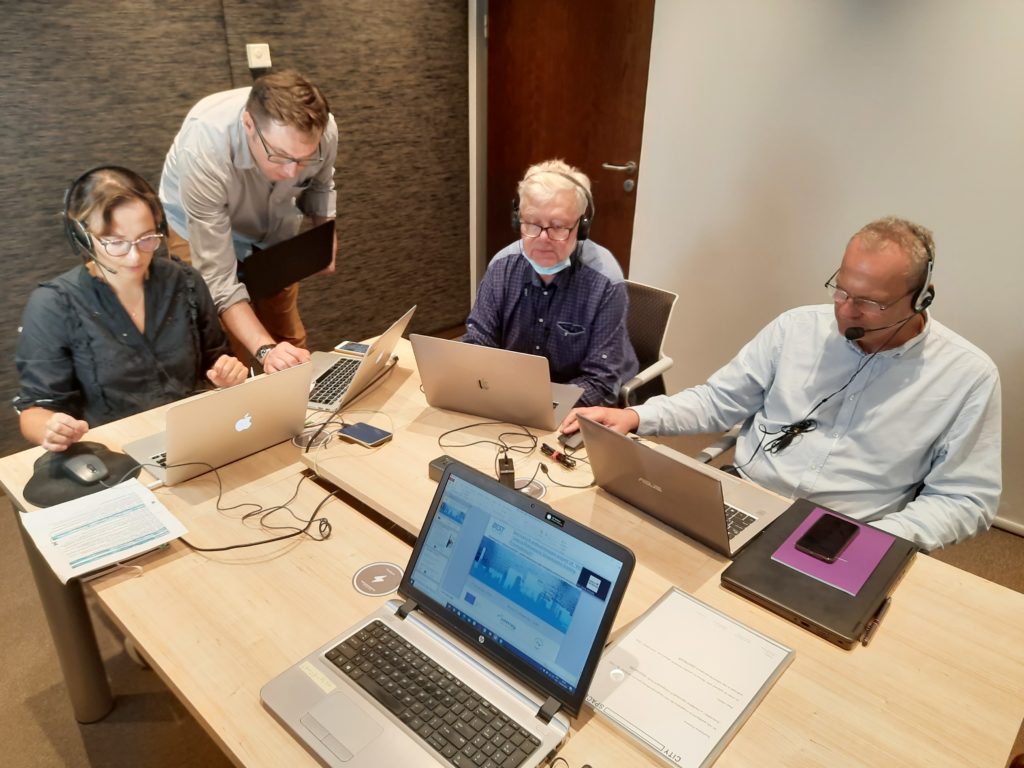
Presentations (partly in Polish)
Part I ; The BEST Project summary
Project BEST – Better Efficiency for Industrial Sewage Treatment (introduction to project work and general basics of indirect discharges) VIDEO LINK
Kajsa Rosqvist, City of Helsinki
Ecological status of the Baltic Sea and major threats; HELCOM recommendations for wastewaters
Dmitry Frank-Kamenetsky, Helcom VIDEO LINK
Industrial sectors of concern and related challenges in the Baltic Sea Region VIDEO LINK
Sandis Dejus, Riga Technical University
Recommendations for better management of industrial waste waters VIDEO LINK
Eero Makkonen, AFRY Finland
Solutions and best practices – learning package as a tool for awareness rising, Beata Szatkowska , GFW – Gdańska Fundacja Wody
Doruchow; BEST investment description
Doruchow municipality representative/Urszula Kowalińska
Leszno waste water treatment plant LINK; BEST investment description LINK
Leszno municipality representative/Nina Kossińska/Wojciech Jasik
Part II ; Poland now and in the future
BEST recommendations for Poland – national annex
Peteris Gailitis , John Nurminen Foundation
BEST practices / Przechlewo example LINK
Marek Baranowski; Przechlewo community
The Management of Industrial Waste Waters in Warsaw LINK Mikołaj Masliński. Legal Advice
Water 4.0 as a tool for increasing economic efficiency and protection of the Baltic Sea LINK
Article of Water 4.0 tool LINK
Robert Kijak, Polish Scientific and Technical Maintenance Society (PNTTE), Artur Dmowski, University of Economics and Innovation (WSEI) in Lublin
